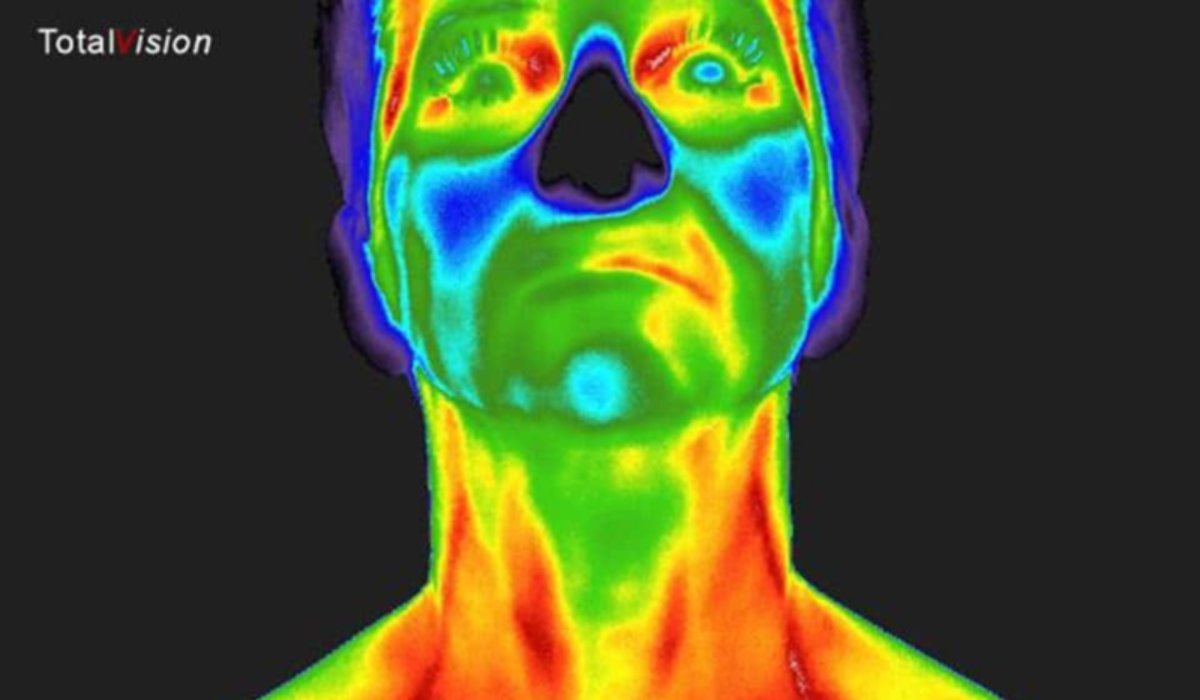Your body is a complex and wonderful system. Your hypothalamus produces TSH releasing hormone (TRH). This hormone controls your pituitary gland and causes it to release thyroid stimulating hormone (TSH). This stimulating hormone determines how much of the hormones T3 and T4 your thyroid produces. The T3 and T4 hormones affect your metabolic rate, meaning the rate at which your cells convert fuel to energy.
As an analogy, think of a driver on the highway. The driver (hypothalamus) determines what speed he wants to travel and sets the cruise control. The cruise control (pituitary) compares the current speed against the desired rate. If the speed isn’t correct, it informs the fuel pump (thyroid) to increase or decrease the gas flow (T3 / T4) to the engine. The amount of gas affects the energy (metabolism) produced by the engine, and pretty soon you’re traveling at the desired rate!
Because every cell in your body uses fuel, every cell in your body is affected by the thyroid. If your thyroid produces too little or too much of T3 and T4, you will have problems, known respectively as hypothyroidism and hyperthyroidism. Both conditions create problems, and both are easily detectable.
According to the American Thyroid Association, approximately 20 million Americans have some form of thyroid problem, with a greater percentage of women than men. Additionally, up to 60% of people with thyroid dysfunction are unaware that the problems exist!
One issue that we detect during thermal imaging screenings is inflammation in the thyroid, which is a good indicator that a person may have thyroid dysfunction and should seek thyroid-specific screenings: TSH and T4 blood tests. The TSH test is the more common initial test. A high level of TSH indicates that the thyroid is not producing sufficient hormones (hypothyroidism), and a low level indicates that the thyroid is producing too much (hyperthyroidism).
Thermography offers a non-invasive, non-radiologic measurement of thyroid physiology. As such it will not detect nodules or tumors but will provide a representation of physiologic dysfunction which when coupled with history, physical examination and aforementioned tests will provide a far greater picture of the thyroid function. People with normal studies who are still experiencing symptoms will now have definitive medical evidence which will allow for a more comprehensive treatment program.


